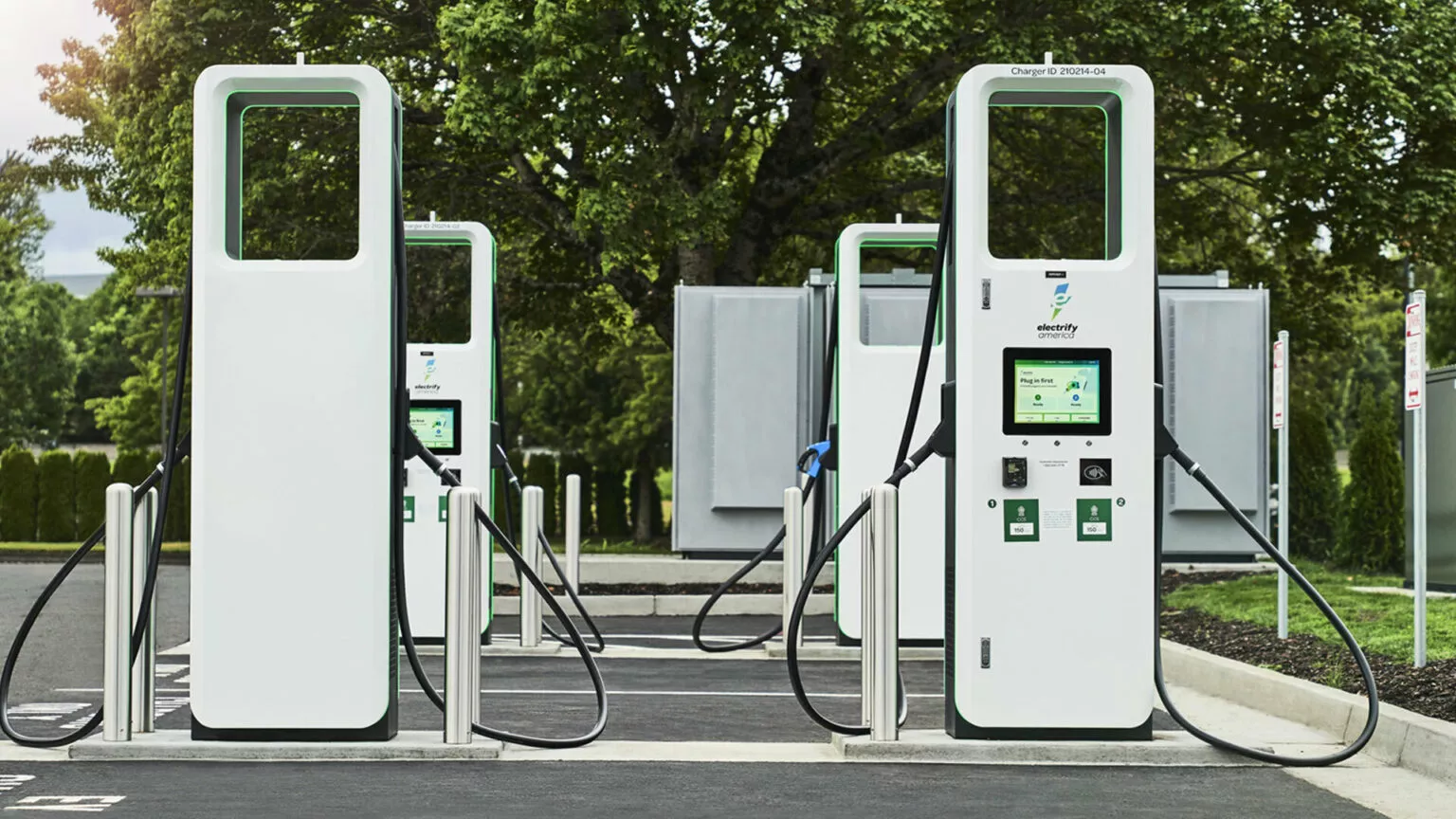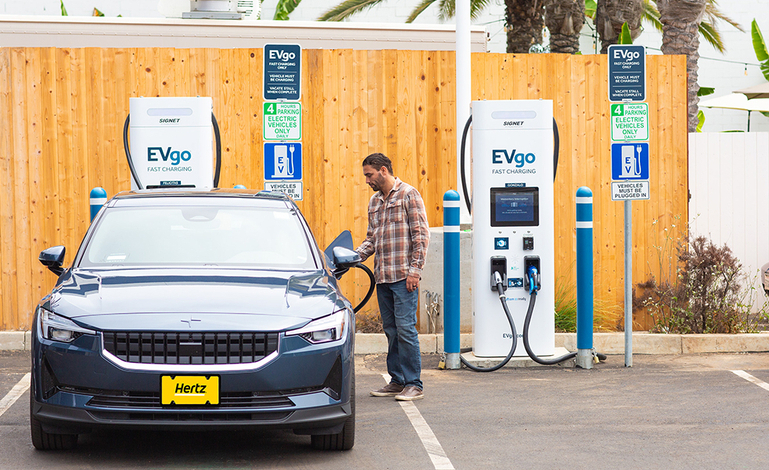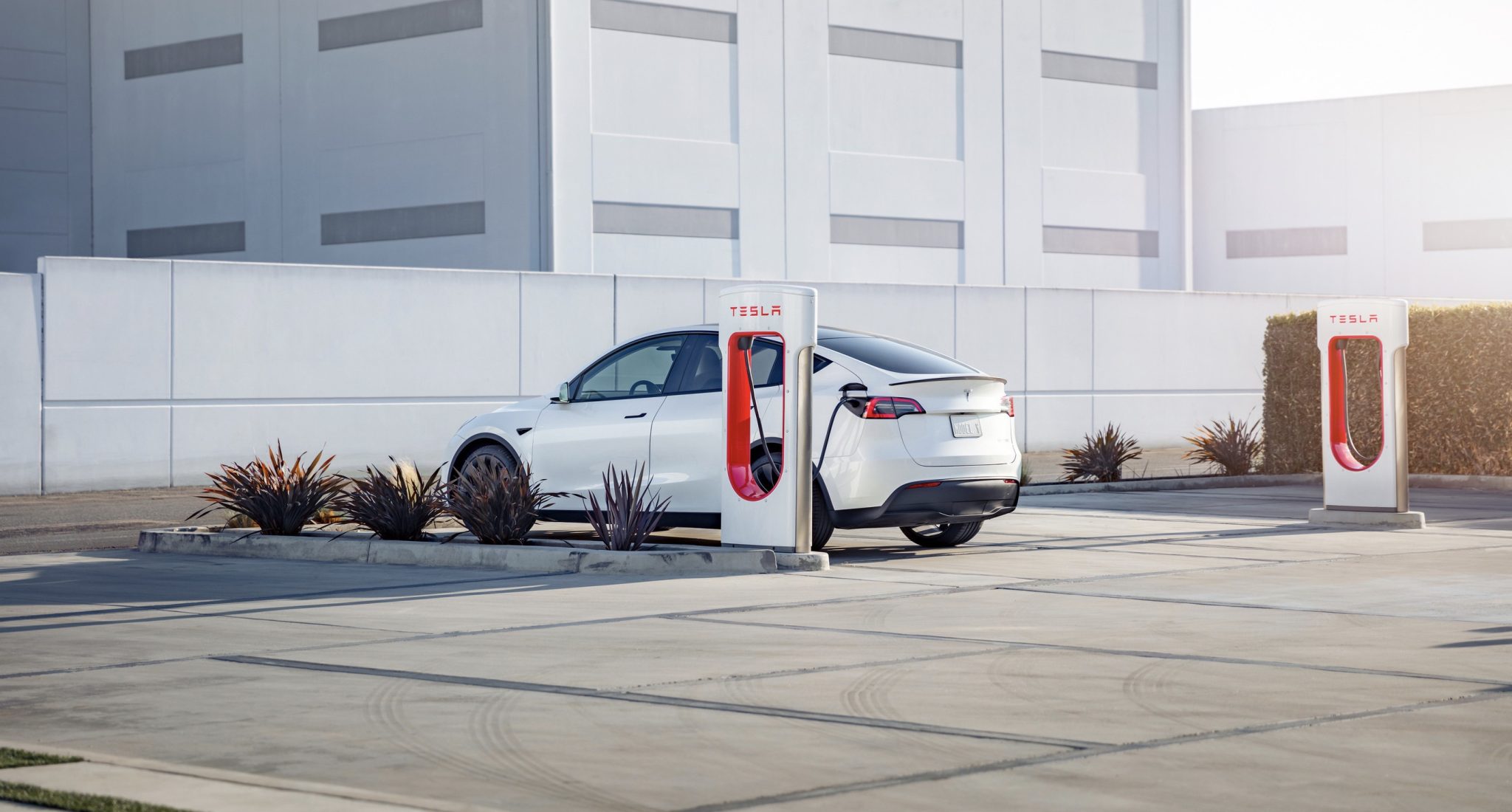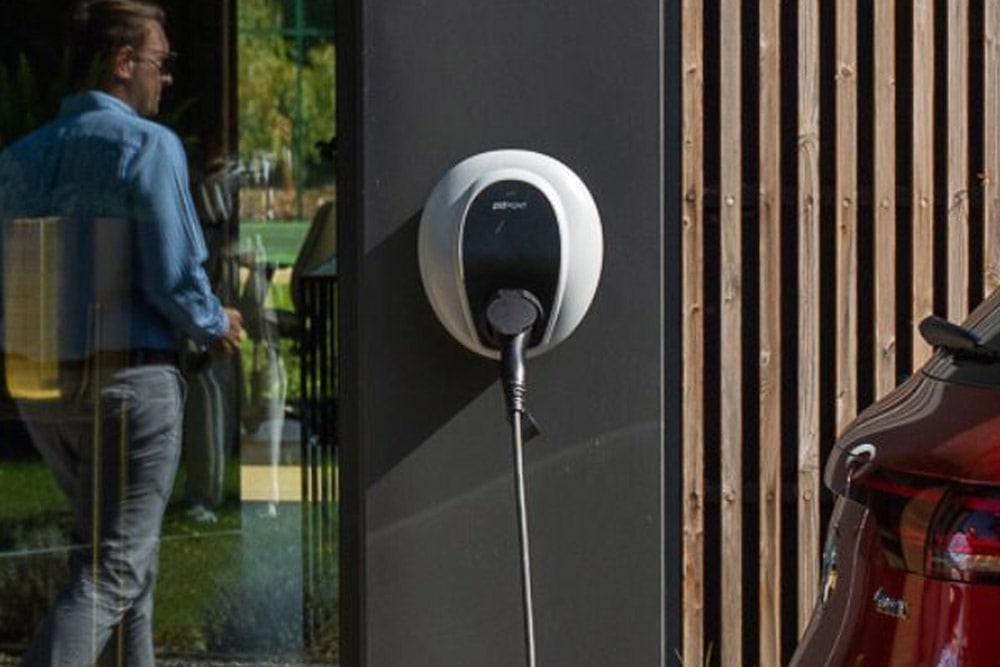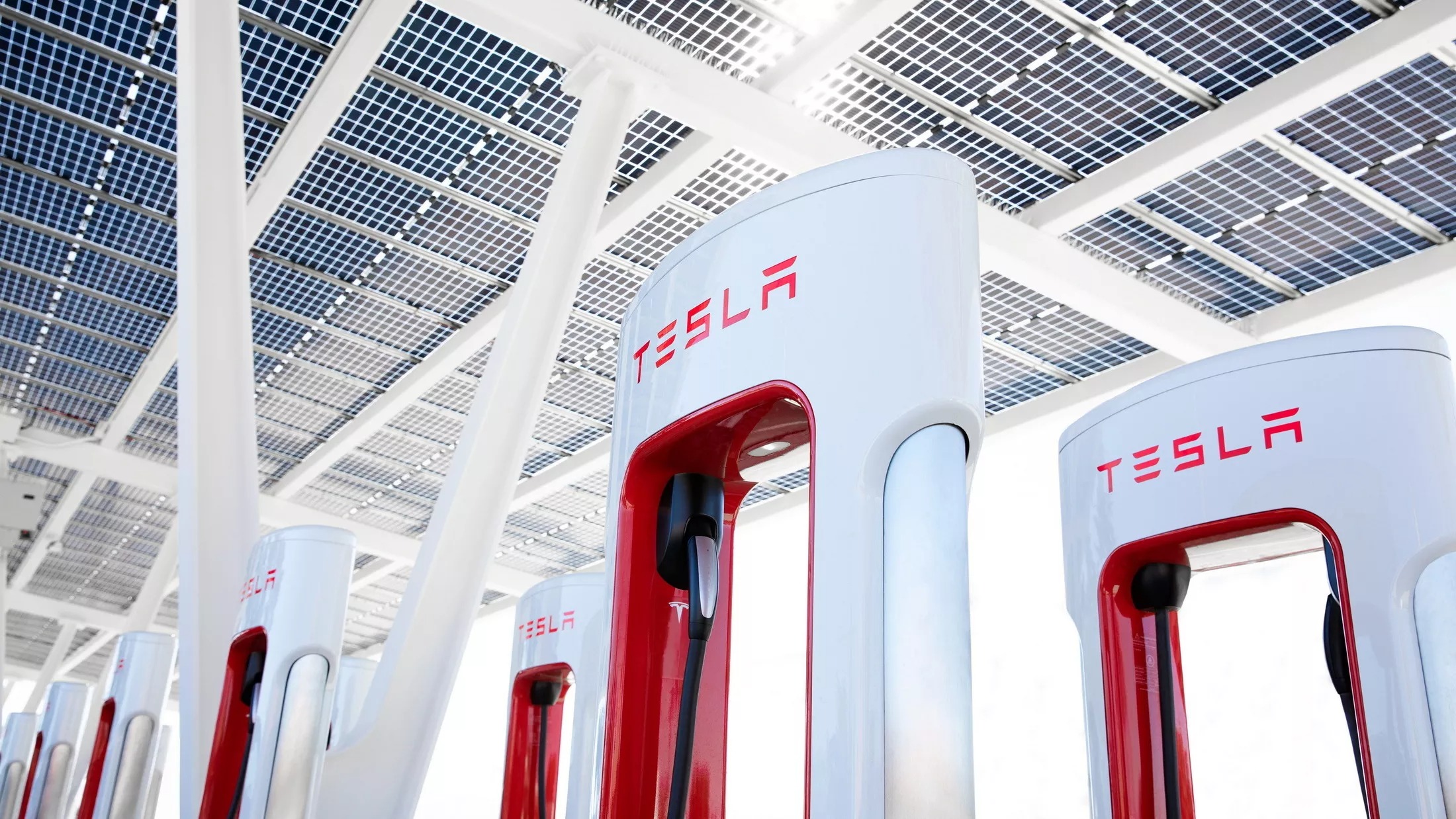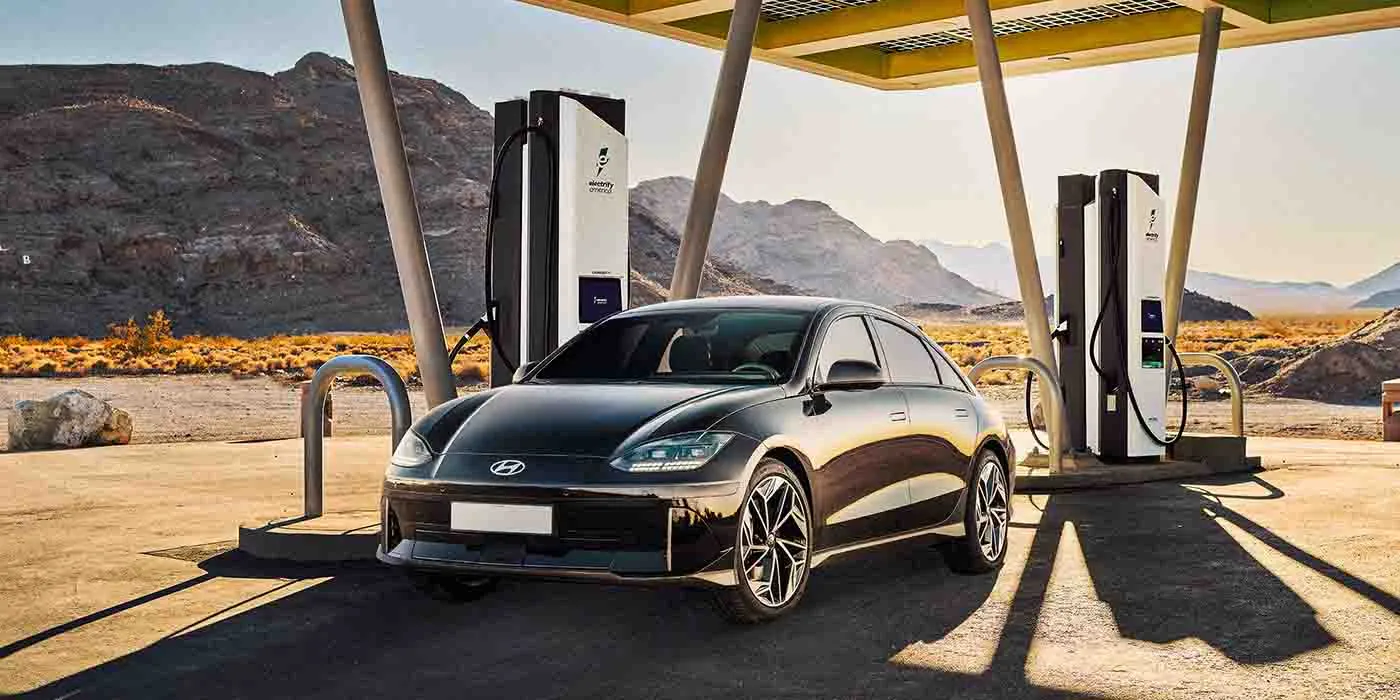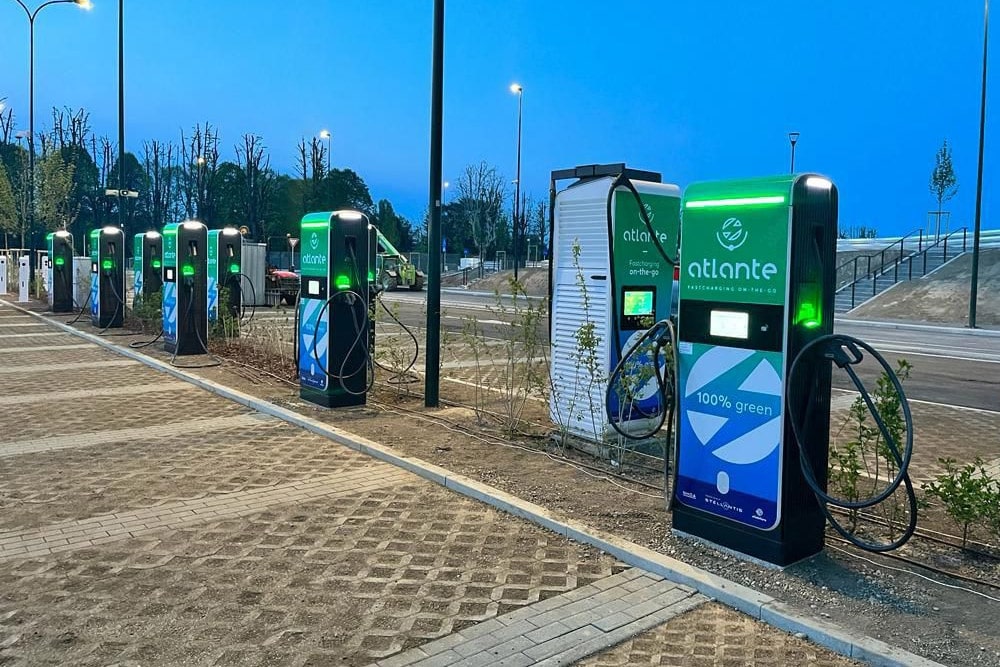While Tesla pioneered the establishment of a robust electric vehicle (EV) charging network, competitors striving to catch up are facing their own set of challenges. The expansion of non-Tesla EV chargers brings hope for a more widespread infrastructure, but the reliability of these stations remains a pressing issue, especially with the increasing prevalence of electric vehicles.
In a recent exploration, Joanna Stern, a Wall Street Journal reporter, embarked on a journey in her Rivian R1T to visit all the non-Tesla DC fast charging stations in the charger-dense Los Angeles area. Despite the region’s high density of chargers, the findings were far from encouraging.
Out of the 30 non-Tesla charging stations visited, 13, representing over 40%, exhibited some form of issue. Zooming in further, among the 126 individual chargers at these stations, 27% were found to be defective. The litany of problems experienced by the Wall Street Journal reporter ranged from out-of-order signs and dead screens to error messages rendering chargers unusable, power malfunctions, broken hardware, payment rejections, and failures in charger-to-vehicle communication.
These challenges underscore a critical aspect of EV adoption—the need for a seamless and reliable charging infrastructure. As electric vehicles aim for mainstream acceptance, addressing these growing pains in the charging network becomes paramount.
A potential alleviation to the strain on non-Tesla charging stations is the increasing adoption of Tesla’s charging port by other manufacturers. This shift could potentially reduce the burden on these stations, allowing them to concentrate on enhancing existing infrastructure while expanding their reach. However, this development raises questions about whether Tesla’s own charging network can seamlessly accommodate the influx of new users.
The road to widespread EV adoption involves not only advancing vehicle technology but also ensuring the dependability of the charging infrastructure. As the industry grapples with these challenges, the solutions devised will play a pivotal role in shaping the future of electric mobility.

